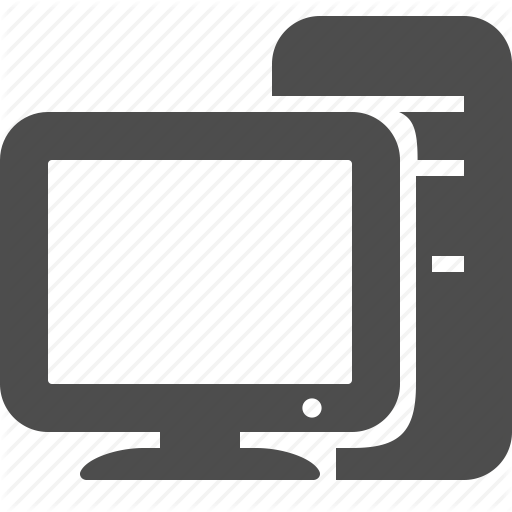computer hardware
Computer
hardware refers to the physical components that make up a computer system.
There are many different kinds of hardware that can be installed inside, and
connected to the outside, of a computer. Here are some common individual
computer hardware components that you’ll often find inside a modern computer:
- Motherboard: The motherboard (also known as a logic board in other
devices) coordinates all of the other hardware.
- Central Processing Unit (CPU): The CPU interprets and executes most of your
computer’s commands.
- Random Access Memory (RAM): RAM is the memory your computer uses to work; it’s
different from the storage that holds your files and programs. Your
computer spends RAM to run those programs and process information.
- Power Supply Unit (PSU): The PSU is the means through which your computer
draws power. It’s usually a cord that plugs into the wall and a “power
brick.”
- Video card: This component handles drawing graphics in games and
displaying videos.
- Hard Disk Drive (HDD): An HDD is an older version of the hard drive; it
stores information like apps and documents on a physical disc that your
computer reads with an arm that travels across it (similarly to a record
player).
- Solid-State Drive (SSD): Newer SSDs store information on chips. They’re
faster, quieter, and more expensive than HDDs, though both do the same
job.
- Optical disk drive (e.g., BD/DVD/CD drive): This feature is less common
in newer computers, but they provide a place to enter a music, movie, or
data disk for your computer to read.
- Card reader (SD/SDHC, CF, etc.): Your computer uses these to read
from portable storage like SD cards.
Here is a list of hardware that you might find connected to the outside of a computer, although many tablets, laptops, and netbooks integrate some of these items into their housings:
- Monitor
: This is a display device; it shows you what’s on your computer.
- Keyboard: You use this to enter text into apps and programs.
- Mouse: The mouse lets you select items on your monitor.
- Uninterruptible Power Supply (UPS): Otherwise known as a battery backup, this optional device lets your computer keep running even when you have an interruption to your main supply


